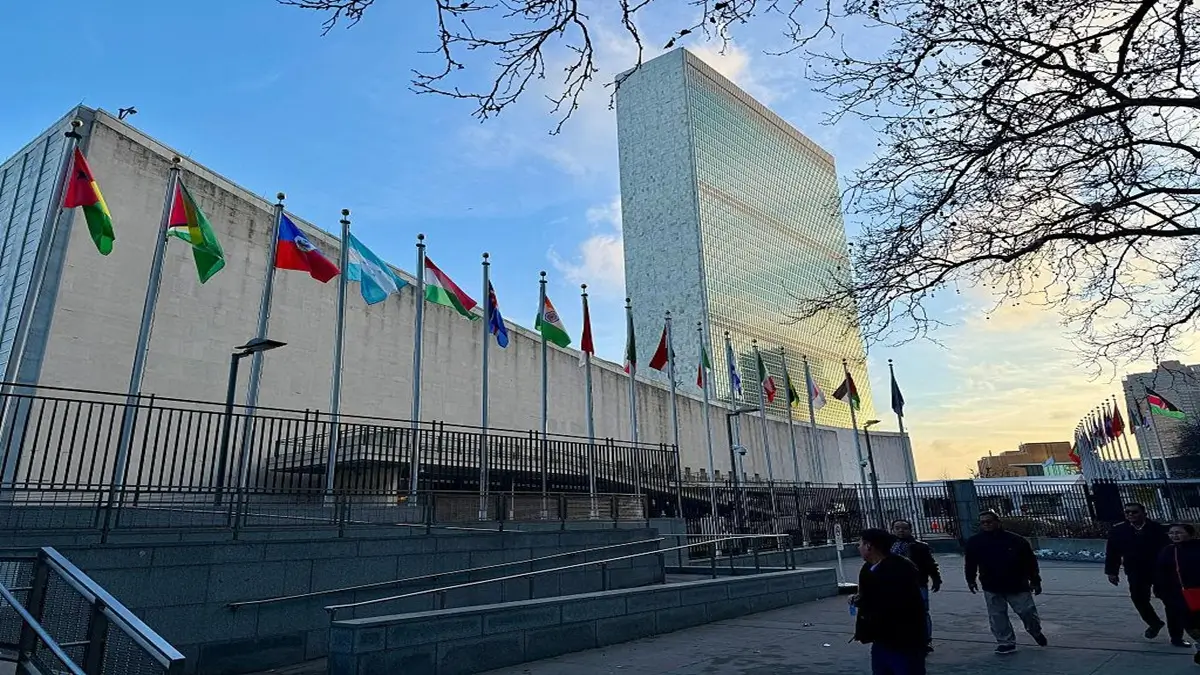RBI Maintains SBI, HDFC Bank, and ICICI Bank as D-SIBs (Domestic Systemically Important Banks)
Introduction
On November 13, 2024, the Reserve Bank of India (RBI) announced that it has maintained the status of State Bank of India (SBI), HDFC Bank, and ICICI Bank as Domestic Systemically Important Banks (D-SIBs). These banks, being crucial to the stability and functioning of India’s financial system, will continue to be subject to higher regulatory norms, including enhanced supervision and additional capital buffers.
What Does Being a D-SIB Mean?
A Domestic Systemically Important Bank is a designation given by the RBI to banks that are considered “too big to fail” due to their importance to the country’s economy. These banks are expected to have a significant impact on the financial system in case of distress or failure, thus posing a potential risk to the overall economy.
As D-SIBs, these banks are subject to stricter regulatory norms compared to other banks. This includes higher capital requirements to ensure that they are financially stable and can absorb shocks during a crisis. These banks also face additional surveillance from the RBI to ensure their resilience in maintaining economic stability.

Why This News is Important
Regulatory Oversight and Financial Stability
The inclusion of SBI, HDFC Bank, and ICICI Bank as D-SIBs means that the RBI is continuously monitoring these key financial institutions to ensure their resilience in the face of economic challenges. These banks are essential to the Indian banking system, and their failure could result in systemic risks to the financial markets.
Impact on Government Exams
For students preparing for government exams like the UPSC, banking, and other civil service exams, understanding the concept of D-SIBs is essential. It highlights the importance of large financial institutions in maintaining the stability of the economy. Topics related to financial stability, regulation of banks, and the RBI’s role in managing systemic risks are often covered in various competitive exams.
Public Trust and Economic Growth
By maintaining the D-SIB status, the RBI reassures the public and investors that the financial system remains stable. As SBI, HDFC Bank, and ICICI Bank continue to adhere to stringent regulations, their ability to weather financial crises is bolstered, which in turn ensures public trust and encourages investment in the Indian economy.
Historical Context: Background Information on D-SIBs
The concept of D-SIBs was introduced by the Financial Stability Board (FSB) after the 2008 global financial crisis. Following this, many central banks, including the RBI, adopted the framework to prevent financial crises caused by the failure of large financial institutions.
In India, the RBI began categorizing banks as D-SIBs in 2015, starting with SBI, ICICI Bank, and HDFC Bank. These banks were selected based on their size, importance to the economy, interconnectedness, and complexity of operations. Since then, the RBI has regularly reviewed these banks’ status and revised the list based on their growing or shrinking significance.
Key Takeaways from “RBI Maintains SBI, HDFC Bank, and ICICI Bank as D-SIBs”
| Serial No. | Key Takeaway |
|---|---|
| 1 | The RBI has maintained the status of SBI, HDFC Bank, and ICICI Bank as Domestic Systemically Important Banks (D-SIBs). |
| 2 | D-SIBs are banks whose failure could cause significant economic disruption, thus requiring stricter regulatory oversight and additional capital buffers. |
| 3 | These banks must comply with enhanced regulatory norms, ensuring that they remain financially stable and resilient in times of economic stress. |
| 4 | The designation as D-SIBs is based on a bank’s size, interconnectedness, and importance to the financial system and economy. |
| 5 | The news is important for competitive exam aspirants, especially those preparing for exams like UPSC and banking exams, as it relates to financial regulation and stability. |
Important FAQs for Students from this News
What does D-SIB stand for?
- Answer: D-SIB stands for Domestic Systemically Important Bank. These are banks whose failure could cause significant disruption to the financial system.
Why are certain banks designated as D-SIBs?
- Answer: Banks are designated as D-SIBs based on their size, interconnectedness, and importance to the economy. Their failure could have a large-scale impact on the financial system and economy.
How does being a D-SIB affect a bank?
- Answer: D-SIBs are subject to enhanced regulatory norms, including higher capital requirements and increased supervision from the RBI to ensure financial stability.
Which banks were confirmed as D-SIBs by the RBI in November 2024?
- Answer: The RBI confirmed that State Bank of India (SBI), HDFC Bank, and ICICI Bank are still designated as D-SIBs as of November 2024.
What role does the RBI play in the regulation of D-SIBs?
- Answer: The RBI monitors and supervises D-SIBs to ensure they comply with stricter regulatory standards, ensuring their resilience and reducing systemic risks to the financial system.
Some Important Current Affairs Links

















